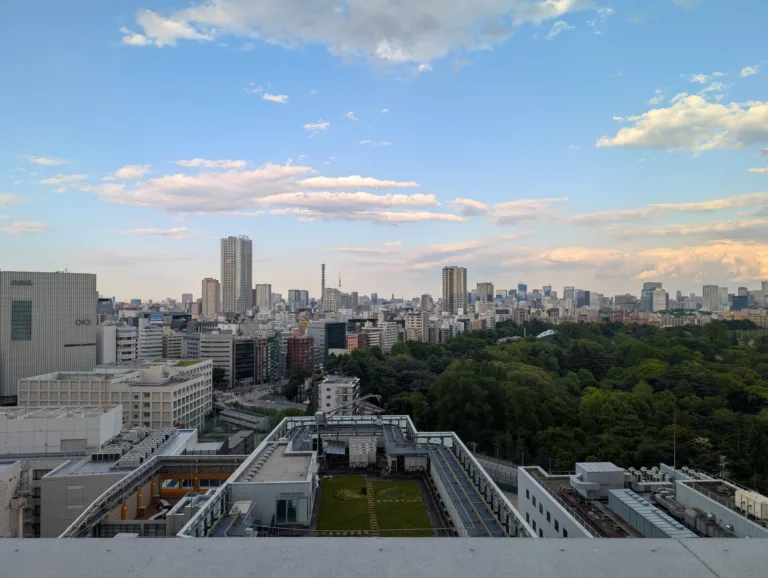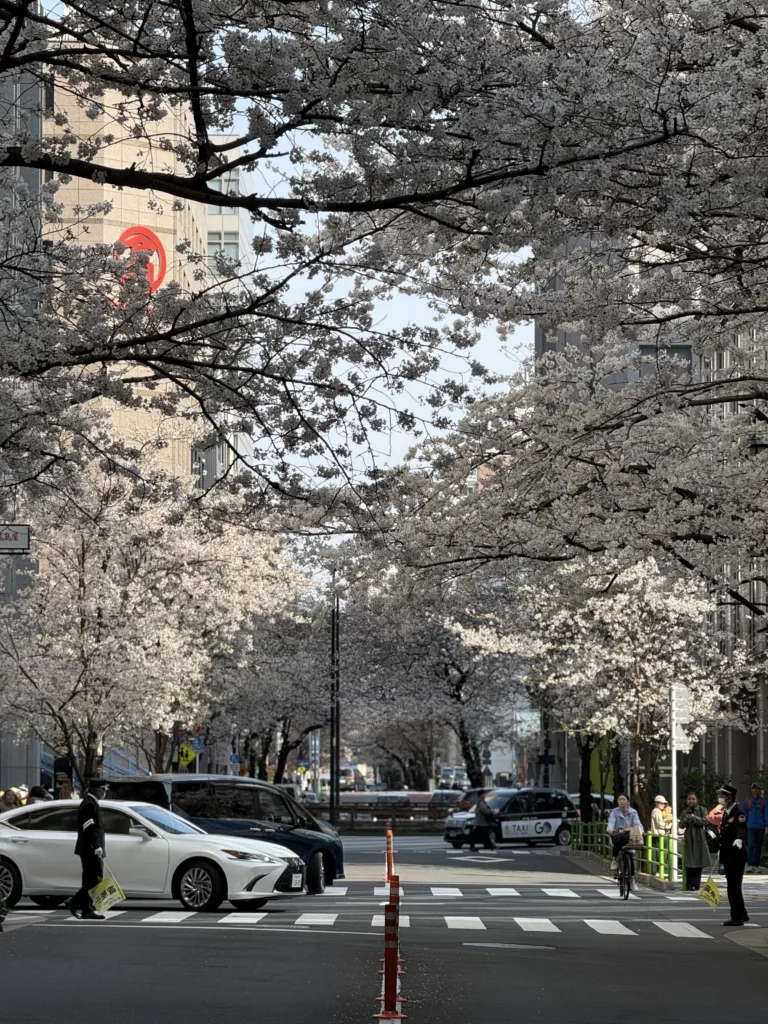
Challenges Faced by Foreigners Living in Japan
Japan is a captivating destination with its rich culture, advanced technology, and unique blend of tradition and modernity. However, for foreigners moving to Japan, adapting to life in this island nation can present significant challenges. From language barriers to cultural nuances, navigating daily life can be daunting. This article explores the primary difficulties foreigners face when living in Japan and offers insights into overcoming them.
1. Language Barrier
One of the most immediate challenges for foreigners in Japan is the language barrier. Japanese is a complex language with unique writing systems (hiragana, katakana, and kanji) and intricate grammar. While English is taught in schools, fluency among the general population is limited, especially outside major cities like Tokyo or Osaka.
- Daily Life Impact: Tasks like reading signs, filling out forms, or communicating with locals can be overwhelming. For example, navigating public transportation or understanding medical instructions often requires some knowledge of Japanese.
- Workplace Challenges: In professional settings, limited Japanese proficiency can hinder effective communication with colleagues or clients, impacting career growth.
- Solutions: Enrolling in Japanese language classes, using language-learning apps like Duolingo or Wanikani, and practicing with locals can help. Many expatriates also rely on translation apps like Google Translate for quick assistance.
2. Cultural Differences
Japan’s culture is deeply rooted in tradition, collectivism, and subtle social norms, which can be difficult for foreigners to grasp. Misunderstanding these norms can lead to unintentional offenses or feelings of isolation.
- Collectivism vs. Individualism: Japan emphasizes group harmony over individual desires, which can feel restrictive for those from more individualistic cultures. For instance, standing out or being overly assertive may be frowned upon.
- Non-Verbal Communication: Japanese communication often relies on non-verbal cues and indirectness. Foreigners may struggle to interpret these subtleties, leading to misunderstandings.
- Social Integration: Building meaningful relationships can be challenging due to the reserved nature of many Japanese people and the expectation of long-term commitment in friendships.
- Solutions: Learning about Japanese etiquette, such as bowing or gift-giving customs, can ease integration. Joining local clubs or international meetups can also help build connections.
3. Bureaucracy and Administrative Hurdles
Japan’s bureaucratic system is notoriously complex, and foreigners often find it difficult to navigate without assistance. From visas to housing, administrative processes can be time-consuming and confusing.
- Visa and Residency: Securing and renewing visas requires meticulous documentation. Missing a deadline or misunderstanding requirements can lead to legal issues.
- Housing: Finding an apartment can be challenging due to language barriers, high initial costs (e.g., key money, deposits), and some landlords’ reluctance to rent to foreigners.
- Banking and Utilities: Opening a bank account or setting up utilities often involves paperwork in Japanese, and some services may require a local guarantor.
- Solutions: Hiring a relocation agent or seeking help from local ward offices, which often provide multilingual support, can simplify these processes. Online expat forums also offer valuable advice.
4. Cost of Living
While salaries in Japan can be competitive, the cost of living, particularly in cities like Tokyo, is high. Foreigners may be surprised by expenses like rent, groceries, and transportation.
- Housing Costs: Apartments in urban areas are often small and expensive, with additional fees like maintenance charges.
- Daily Expenses: Imported goods, dining out, and even basic groceries can be costly compared to other countries.
- Solutions: Living in suburban areas, shopping at discount stores, and cooking at home can help manage expenses. Budgeting apps tailored to Japan, like Moneytree, are also useful.
5. Social Isolation and Mental Health
The combination of cultural differences, language barriers, and being far from home can lead to feelings of loneliness and isolation for foreigners.
- Limited Social Circles: Forming deep connections with locals can take time, and expatriates may initially rely on other foreigners for support, which can feel limiting.
- Work-Life Balance: Long working hours in some Japanese companies can exacerbate stress and reduce time for socializing.
- Mental Health Stigma: Mental health support is less accessible in Japan, and there’s a cultural stigma around seeking therapy, making it harder for foreigners to find help.
- Solutions: Joining expat communities, participating in cultural events, or seeking online counseling services in one’s native language can alleviate feelings of isolation.
6. Workplace Culture
Japan’s work environment is known for its intensity, with long hours, hierarchical structures, and an emphasis on dedication. Foreigners may struggle to adapt to these expectations.
- Overtime Culture: In some industries, staying late is seen as a sign of commitment, which can clash with work-life balance expectations.
- Hierarchical Dynamics: Decision-making is often top-down, and questioning authority may be viewed negatively.
- Solutions: Researching company culture before accepting a job and setting clear boundaries can help. Foreign-friendly companies, such as tech startups, may offer more flexible environments.
Conclusion
Living in Japan as a foreigner is a rewarding yet challenging experience. While the language barrier, cultural differences, and bureaucratic hurdles can feel overwhelming, they are not insurmountable. By learning the language, embracing cultural nuances, and seeking support from communities, foreigners can thrive in Japan. With patience and an open mind, the difficulties of living in Japan can transform into opportunities for personal growth and cultural enrichment.



